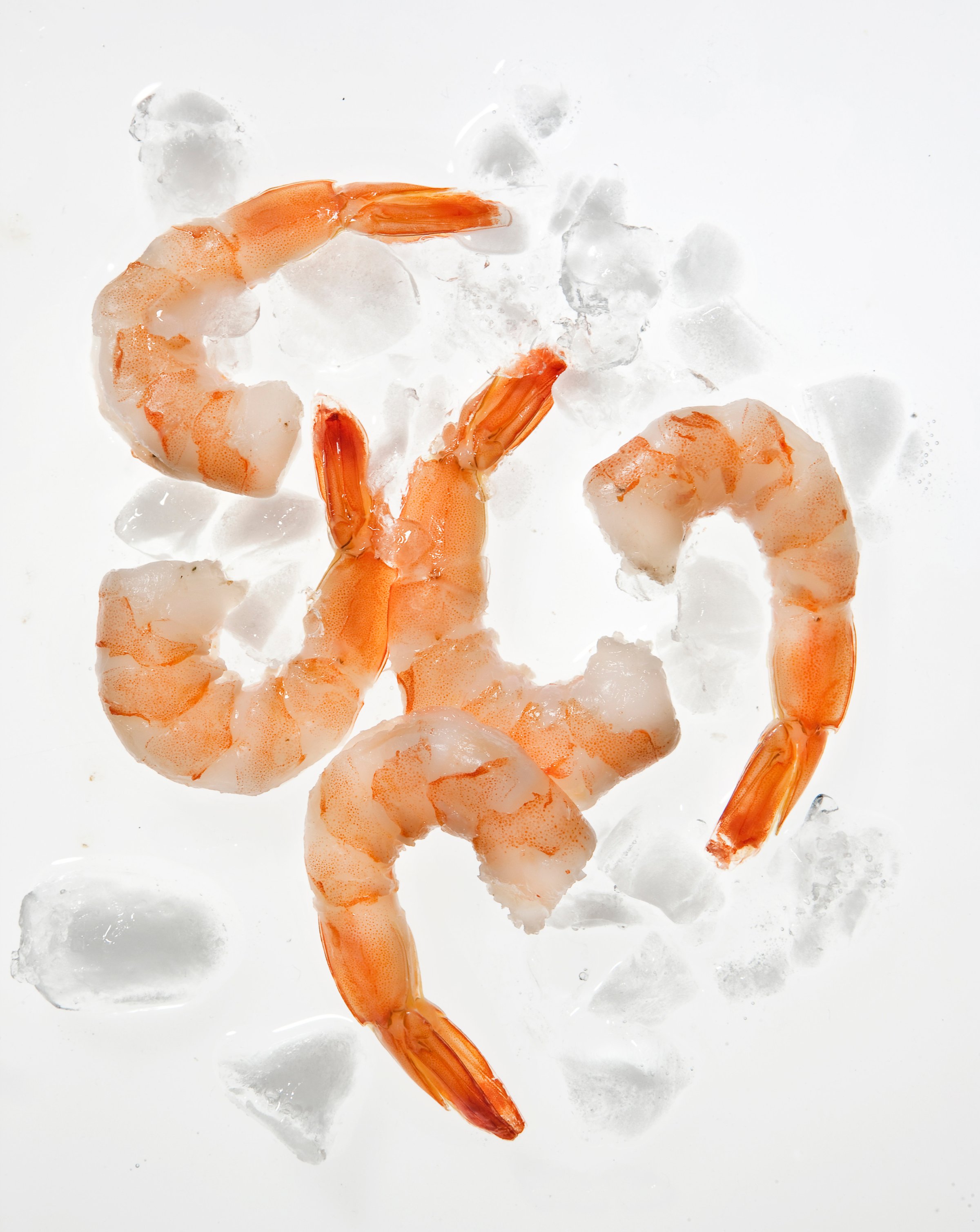
Shrimp may be America’s most popular seafood, but that doesn’t mean we know much about the crustaceans on our plates.
A new study by Oceana, a marine conservation advocacy group, finds that 30% of shrimp products are misrepresented — either mislabeled as the wrong species, called or implied to be “wild” when in fact it was farmed, or mixed in a bag with various species. In one instance, the researchers found an aquarium species not meant for human consumption that was mixed in with frozen wild shrimp.
Misrepresentation varied by region; in Portland, Ore., where shrimp are especially popular, only 5% were labeled in a misleading way. In New York City, of the grocery stores that were visited for the study, 67% sold shrimp that was misrepresented.
The issue stems in part from a lack of general information available when purchasing these products, the researchers said. In many cases, retailers and restaurants don’t offer information about the shrimp’s species or country of origin, or whether it was farmed or caught in the world. Oceana argues that improving traceability of seafood would help decrease label fraud and enable consumers to make sustainable choices.
More Must-Reads From TIME
- The 100 Most Influential People of 2024
- The Revolution of Yulia Navalnaya
- 6 Compliments That Land Every Time
- What's the Deal With the Bitcoin Halving?
- If You're Dating Right Now , You're Brave: Column
- The AI That Could Heal a Divided Internet
- Fallout Is a Brilliant Model for the Future of Video Game Adaptations
- Want Weekly Recs on What to Watch, Read, and More? Sign Up for Worth Your Time
Contact us at letters@time.com